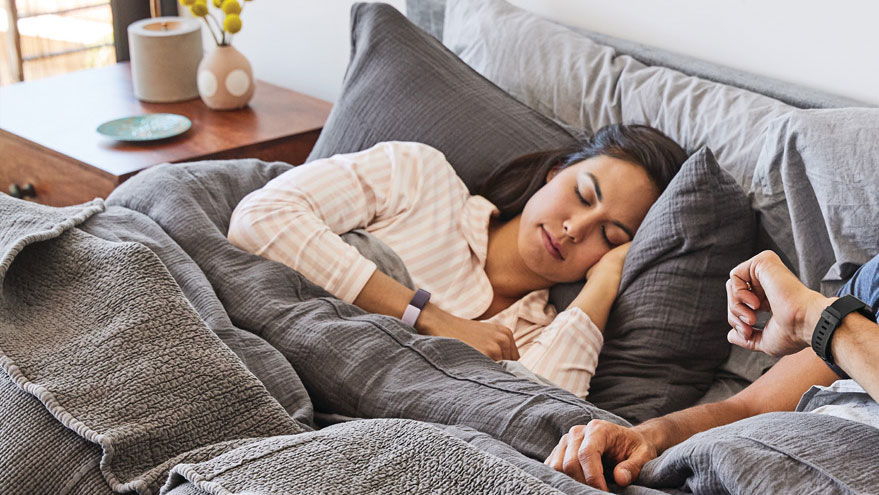How when you rise in the morning impacts your likelihood of depression and all-round wellbeing
Are you a night owl or a lark?


Many of us don't give much thought to if we're an early riser or like to hit the snooze button again and again.
However, according to a new study how early we rise can determine our happiness levels and how immune we are to depression. Those who love to rise later and are night owls, however, could be at more risk of depression - while it can also affect our overall wellbeing.
The study, by Exeter University, quizzed around 450,000 people aged 40 to 60 from the UK Biobank database, on their sleeping habits - asking whether they were with night owls or larks. They also quizzed them on their mental health - comparing them against genetic variants.
Of course how you sleep and when you wake can also be determined by comfort - with the best mattress toppers making for a more comfortable sleep. During the lockdown, mental health cases skyrocketed, while last month experts also found people with lower cardiovascular and muscular fitness levels are almost twice as likely to suffer from depression.

After the experts studied the findings against 51 genetic variants they found that the genetic profile of early risers meant they were eight per cent less likely to suffer from depression, compared to night owls. While their general levels of wellbeing were higher too - at five per cent.
Night owls, who stayed up late and got up late, gave themselves 'jetlag' like symptoms linked to depression - as they were more likely to stay up later and sleep in at weekends - even if they didn't follow this behavior in the week.
Jessica O’Loughlin, who was the lead author of the study, which was published in the Molecular Psychiatry journal, said the findings were: "the most robust evidence yet that being a morning person is protective of depression and improves wellbeing."
Start your week with achievable workout ideas, health tips and wellbeing advice in your inbox.
"We think this could be explained by the fact that the demands of society mean night owls are more likely to defy their natural body clocks by having to wake up early for work," she added.
Sarah is a freelance journalist who writes about fitness and wellbeing for the BBC, Woman&Home and Tech Radar. During lockdown she found her love of running outside again and now attempts to run around 50 miles a month. When it comes to other fitness, she loves a sweaty cardio session – although since she’s been working out from home she’s sure her downstairs neighbors aren’t too happy about it. She also loves to challenge herself - and has signed up to do hiking holidays, intense bootcamps and last year she went on her dream activity holiday: paddle boarding around deserted islands in Croatia. On her rest days, she loves to recover with a simple yoga flow session – the perfect antidote to her active fitness schedule.
